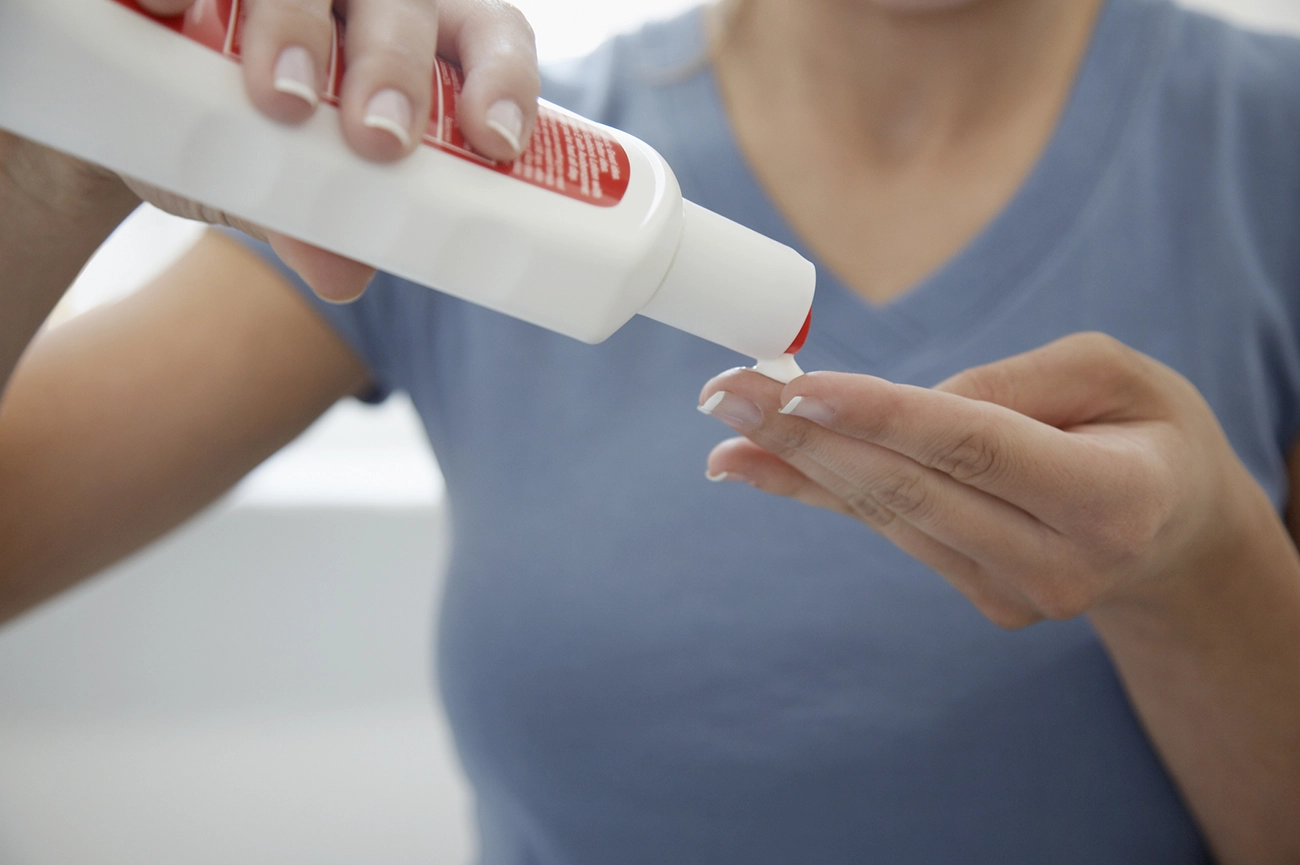
Healthy Lifestyle
Love Your Skin This Summer
Published: July 3, 2023

The sun is out, and you’ve swapped out sweaters for short sleeves. But did you remember to put sunscreen on this morning? Are you already tired of shaving your legs? Are you starting to regret that tattoo on your shoulder?
Whether you need to get back into the sunscreen habit or think it’s finally time to do something about those age spots, there are solutions to help you love your summer skin and regain confidence in your appearance.
Sunscreen: Preventing Skin Damage and Aging
You should be wearing sunscreen every day in every season – yes, even winter. But sunscreen becomes even more important in warmer months when you’re spending more time outside.
The most common skin problem in the spring and summer is sunburn. You might be used to showing off that summer tan to friends, but remember: Tanned skin is damaged skin. And sunscreen not only helps prevent skin cancer – it also helps prevent skin from aging.

Need a sunscreen refresher? Remember these tips:
- Wear sunscreen with a minimum SPF of 30 every day on your face, neck and other areas of the body exposed to sun.
- Choose a sunscreen that provides UVA, UVB and IR-A (infrared ray) protection.
- Make sunscreen application part of your morning skin care routine so it becomes a habit. A lot of makeup has SPF for added protection, but it's important to know that moisturizer with SPF 20 and makeup with SPF 10 does not equal a protection of SPF 30. Moisturizer should have a minimum SPF of 30 for adequate protection. The extra SPF in makeup is an added benefit.
- Apply sunscreen at least 30 minutes before going outside so it has time to absorb into your skin.
- Reapply sunscreen at least every two hours when you’re in the sun for an extended period of time. Spray sunscreens need to be reapplied more often.
- If you use retinol products, your skin is more sensitive to the sun. It’s important to reapply sunscreen, wear hats and cover your face as much as possible when outside.
- Don’t forget your lips! Make sure to use a lip balm with SPF.
More About Laser Services
Have you been noticing skin damage from previous summers in the sun? Maybe rising temps have you wondering if there’s a better solution for your bikini line. Laser services can help with a vast amount of issues.
Anti-Aging Treatments
Anti-aging lasers can target a variety of skin imperfections and help with:
- Breaking down unwanted pigment (age spots)
- Skin resurfacing
- Stimulating collagen production to help decrease fine lines and wrinkles
- Treating vascular lesions and rosacea
How long do anti-aging laser treatments last? It depends. They help decrease signs of aging that make skin look older, but after treatments, your skin continues to be affected by the sun and other elements. UV rays, stress, pollution, diet and other factors all affect the health of your skin. Each anti-aging treatment helps turn back the clock of aging skin – but it won’t stop the clock.
Laser hair removal
Laser hair removal uses an in-motion technique – gliding motion technique – that is virtually painless. The laser can only attack hair in the growth stage, which means it can only tackle a certain percentage of hair during each treatment. Multiple treatments are needed for best results.
Tattoo removal
A tattoo removal laser delivers high-energy light pulses that break down the pigment of the tattoo into tiny particles, which allows the body to remove the pigment naturally. Keep in mind that tattoo removal isn’t a one-and-done process. Like laser hair removal, it takes multiple treatments for the tattoo to fully disappear.
Skin Renewal Suite
Want to learn more about these services at Methodist? Our specialists provide free consultations at the Skin Renewal Suite to discuss your personal goals for anti-aging treatment. For an appointment, call (402) 815-6398.
More Resources
- Put your sunscreen IQ to the test.
- Learn more about sunscreen absorption.
- Learn how to protect yourself from mosquitoes, ticks and spiders this summer.

